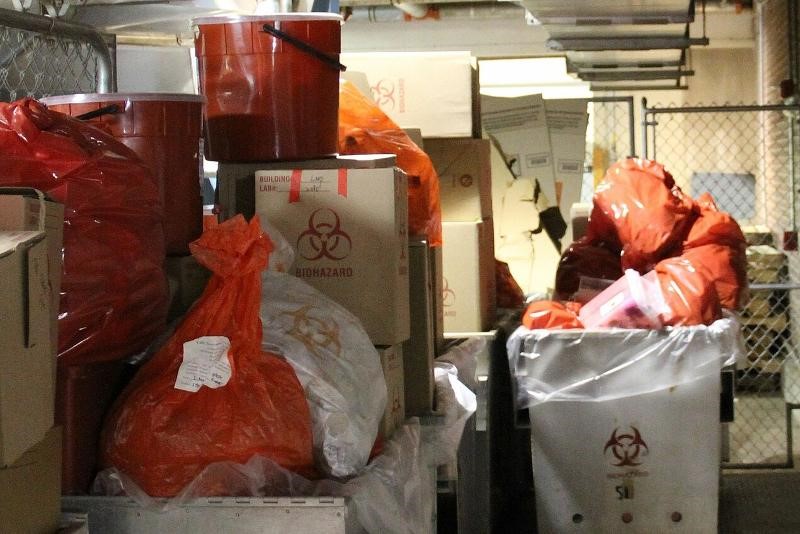Medical Waste Disposal: How It Protects Public Health?
9/29/2023

Healthcare establishments produce a substantial amount of potentially infectious waste such as used needles, contaminated dressings, medical specimens, and radioactive materials. In preventing public health hazards, proper disposal of hospital waste is necessary.
Hazardous medical waste is produced on a daily basis in hospitals, pharmaceuticals, and other healthcare settings. It has become a risk to public health and safety. The responsible management of hazardous waste prevents the unwanted spread of infections and diseases.
1. Waste Labelling
Improper medical waste increases the chance of pathogens and other harmful bacterial growth. Complying with health and safety standards prevents environmental damage by stopping the build-up of these harmful chemicals as well as chemical exposure. It also prevents the contamination of water drainages and sewers.
2. Personnel Protection
Organizations in healthcare must maintain hygiene standards for their patients and staff. It is important to ensure that disposables like gloves, PPEs (Personal Protective Equipment), needles, and syringes are properly disposed of. Building public trust ensures a skilled and healthy workforce to care for patients.
3. Minimized Disease Spread
Proper medical waste disposal is essential for infection control within and outside the facility. It helps avoid indirect human consumption of chemicals and toxins, especially for those who live near the medical establishment. More importantly, it also prevents harmful human diseases from spreading to animals and vice versa.
The Takeaway
Medical waste disposal methods should not just be followed for mere compliance purposes. Proper medical waste disposal practices protect the health and well-being of individuals within the healthcare establishments and it is also beneficial to the community around its vicinity.
